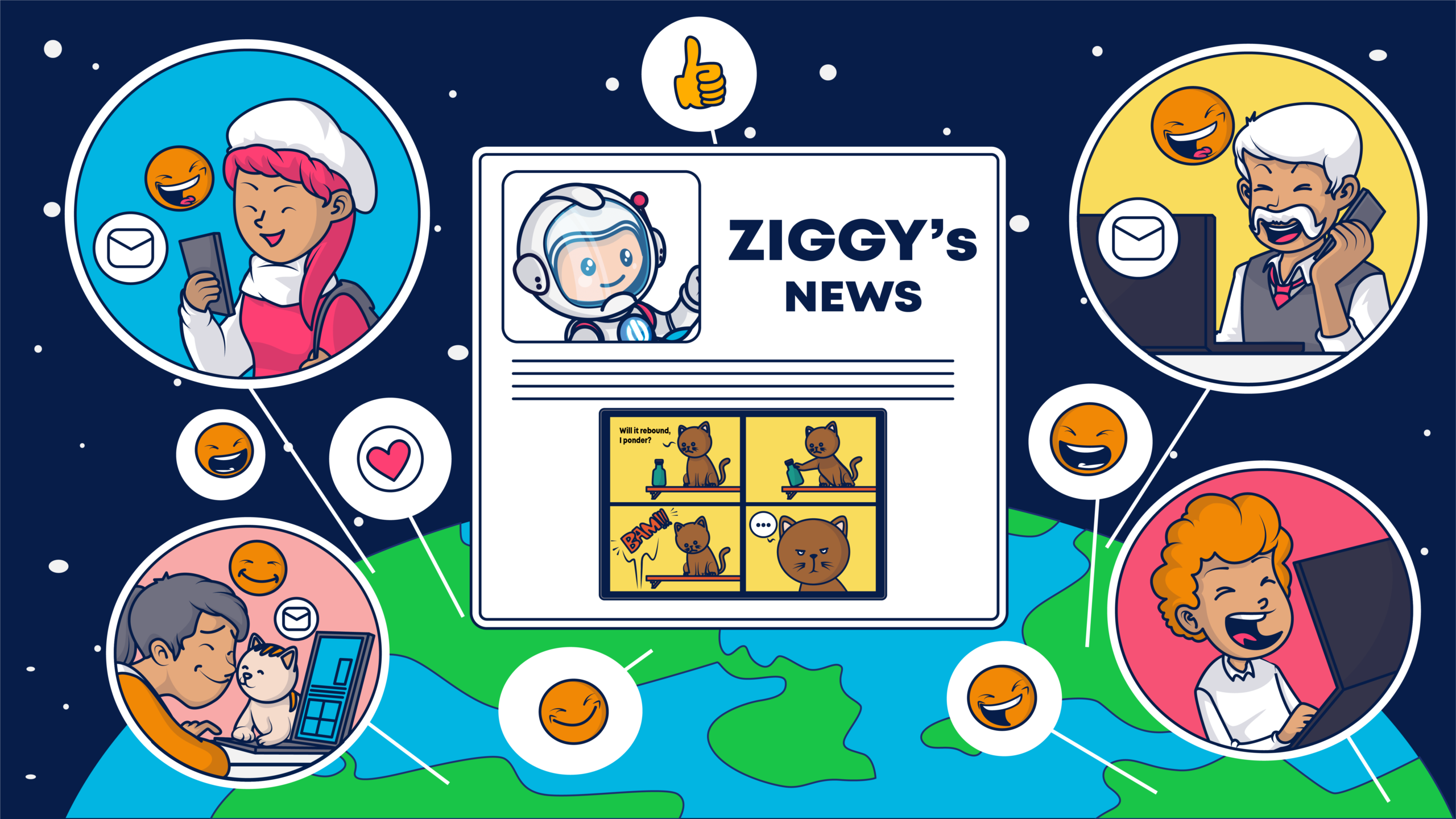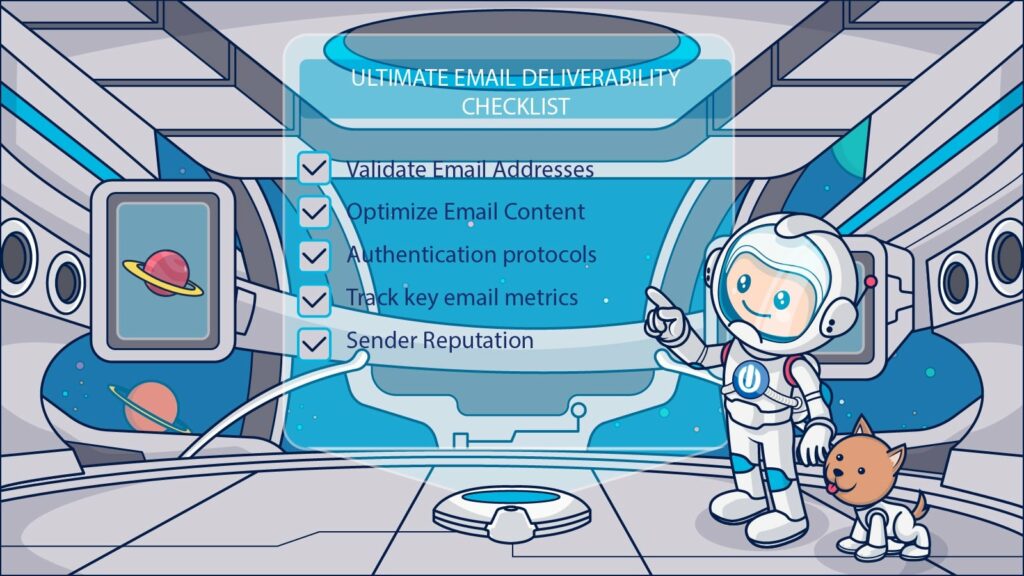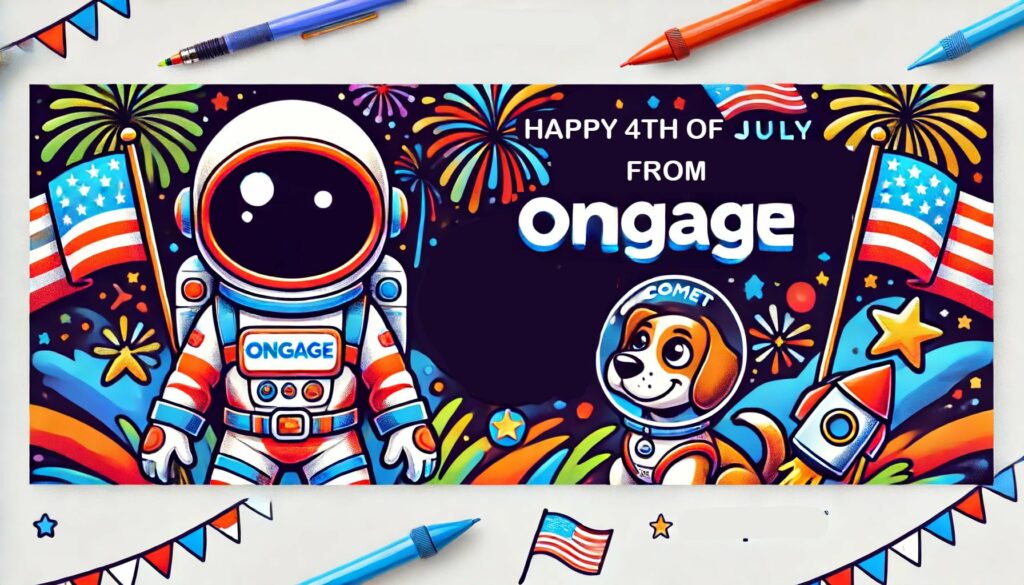The General Data Protection Regulation (GDPR) is a regulation in EU law covering data protection and privacy, specifically applying to an individual’s personal data. It came into effect in May 2018 and covers citizens within the European Union and the European Economic Area, as well as organizations operating within that area but based elsewhere.
What impact did the GDPR have on email marketing?
In light of the introduction of the GDPR, many email data lists took a hit. Companies tried their best to collect permission for their existing contact lists in advance of the May 25th deadline, but for those consumers who didn’t positively opt-back in the data was no longer able to be communicated to. Further to this, the introduction of the GDPR highlighted big issues within companies who’d relied on purchased data to fill gaps in subscribers lists, or those brand less-willing to clean-up their lists and rid themselves of unengaged users.
This meant that email marketing teams were under more pressure to make just as much or more ROI from smaller lists. But not only that, the focus on ‘clean emailing’ and full compliance as well as following best practice has never been so prevalent.
Growing your list post-GDPR
What’s important to remember here is that all is not lost in light of the GDPR coming into place. There are most definitely still means and ways of acquiring quality consumer data in this new post-GDPR world, with GDPR-friendly methods which you can adopt to keep your email marketing operation on the right side of the law. And these changes aren’t to be frowned upon – the introduction of the regulation ensures all email marketing operations remain above board which is to the benefit of both the consumer and the company.
That said, we have some tips of our own to share with you to get you started. Here are our top 5 ways of growing your data lists:
1. The most important tip of all: be relevant
Knowing your audience, understanding what ‘makes them tick’ and keeping your content and communications relevant is always the key for a successful email channel. Ultimately, your audience members will want to subscribe if you’re ‘hitting the spot’ so to speak with your content. Make sure you set your subscriber’s expectations at the point of sign-up, informing them of what you’re going to be sending to them or contacting them about, to encourage engagement and to avoid future unsubscribes.
2. Offer something of value
To entice your prospective subscribers into giving you their information, you need to think about the value proposition of what you’re asking them to do, and analyze what’s in it for them. Test using discounts, like 10% off with a sign-up for example, to add that extra something to their sign-up. Or use gated-content to keep you best assets and guidance documents behind a data capture form, that they must complete in order to gain access.
3. Make it exclusive
Exclusivity sells! Entice your users to sign-up to your communications cycles by offering something they can’t get otherwise. This could be unmissable discounts, product previews and exclusive member-only sales or product sneak-peeks.
4. Optimize your whole customer journey
Maximizing your data capture potential in this ever-stringent post-GDPR world means making the most of every touchpoint within your customer’s journey. Use website lightboxes on your key web pages (like where you traffic is highest) to capture as many of those audience members with your sign-up messaging. Add sign-up boxes on your checkout or other transactional form areas, and at all other key data capture points to squeeze all pips possible from your available lemons!
5. Go mobile
Mobile audiences are growing and on the go consumers are savvy, expecting speedy, efficient and innovative online journeys, specific to their device. Ensure you’re using mobile-friendly data capture forms and mobile-specific landing pages to avoid mobile users dropping out of your sign-up journey due to lacking mobile journeys.
In summary
The new age of email post-GDPR is not something for Email Marketers and data handlers to be scared of. From a best practice perspective, the rules haven’t really changed – quality content, clean, opted-in data and relevant communications will keep you flying the flag for complaint email marketing, and therefore ROI.
Read more on email marketing and GDPR, over on the Ongage blog.

















